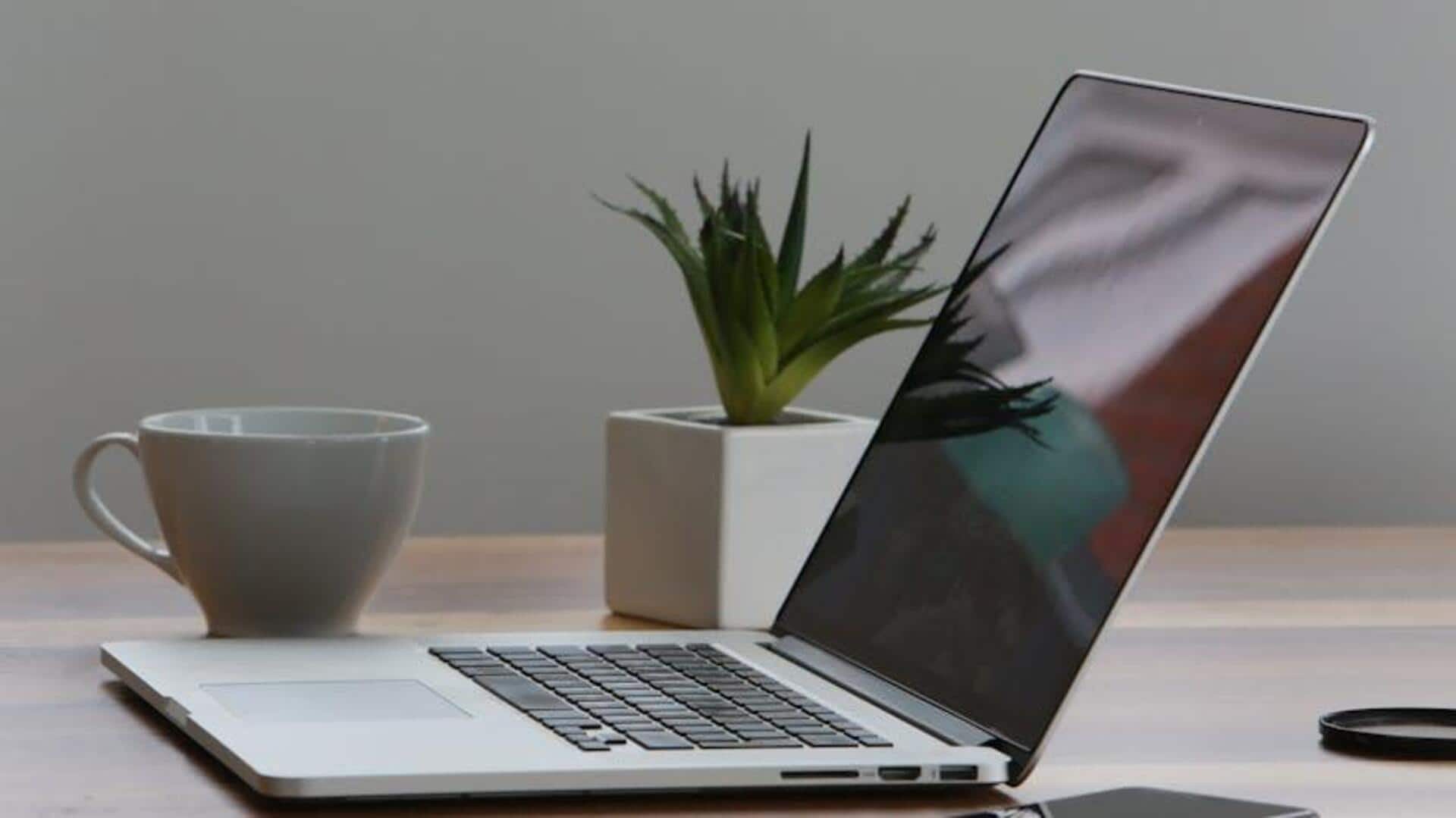
How to boost your old laptop's performance
What's the story
Reviving the performance of an old laptop can be done without shelling a fortune on upgrades. Many of us see our laptops slowing down, but there are a number of affordable ways to improve speed and efficiency. By concentrating on software optimization, regular maintenance, and some easy tweaks, you can give your aging device a new lease of life. Here are some practical tips to boost your laptop's performance without breaking the bank.
Tip 1
Clean up unnecessary files
Over time, your laptop ends up storing a lot of unnecessary files that hamper its performance. Frequent clean-up of temporary files, cache data, and applications that you don't use can give you precious storage space. Use built-in utilities like Disk Cleanup for Windows or the equivalent for other OSes to clean up these unwanted files in an efficient manner.
Tip 2
Optimize startup programs
Many programs automatically start when you power on your laptop, which can notably slow down boot times. Check the list of startup programs via Task Manager or system preferences and disable those that aren't critical. This will speed up the startup process and enhance overall system responsiveness.
Tip 3
Update software regularly
Keeping your operating system and applications up to date is essential for them to perform optimally. Updates usually come with bug fixes and improvements that make things faster and more secure. Either set your system to update automatically or check for updates manually from time to time to ensure everything is in place.
Tip 4
Adjust visual effects settings
Visual effects like animations and shadows may appear appealing but can eat up a lot of resources on older laptops. Tinkering with these settings by reducing or even turning them off altogether can bring noticeable improvements in speed. You can access these options through Control Panel or system settings based on the OS you're using.
Tip 5
Perform regular maintenance checks
Regular maintenance checks such as scanning for malware, defragmenting hard drives (for HDDs), checking disk health, etc., are some of the best practices for keeping old laptops performing well. For scans, use trusted antivirus software and for everything else, employ built-in tools like Defragmenter in Windows.